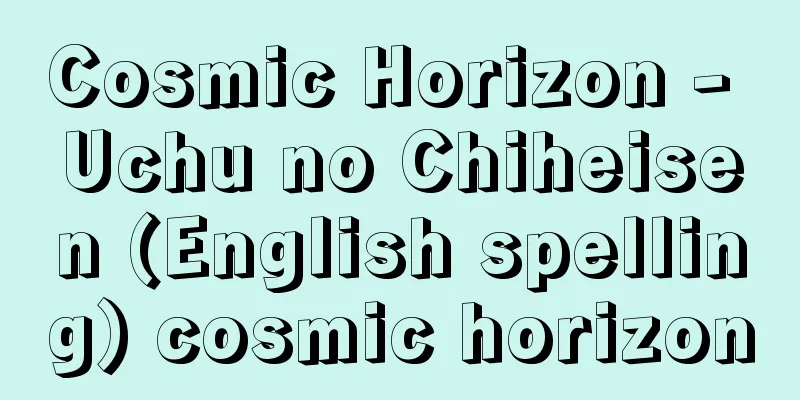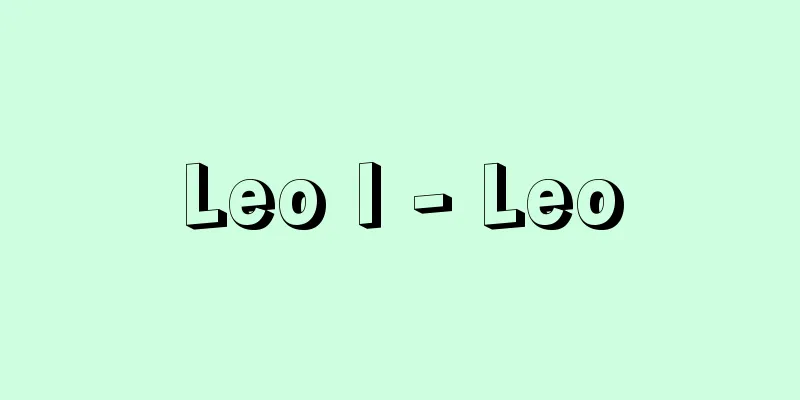Kala (English spelling)

|
In Sanskrit, it means time. In India, time was deified early on. Later, Kāla came to be identified with Shiva and was feared by the people as the god of death. Kāla is the origin and destroyer of the world. He created the universe but will consume it at the end of four periods. Source: Encyclopaedia Britannica Concise Encyclopedia About Encyclopaedia Britannica Concise Encyclopedia Information |
|
サンスクリット語で,時間を意味する。インドでは,時間は早くから神格化された。のちに,カーラはシバ神と同一視されるようになり,死の神として人々に恐れられた。カーラは世界の初めであり破壊者である。彼は宇宙を創造したが,4時期の終りにそれを飲み込んでしまう。
出典 ブリタニカ国際大百科事典 小項目事典ブリタニカ国際大百科事典 小項目事典について 情報 |
<<: Glassware (sakeware) - Glassware
Recommend
Spilite (English spelling)
It is an altered basic rock, generally exhibiting ...
Simien jackal (English spelling)
...They live in family groups in relatively moist...
Alcoa ruling - Alcoa ruling
… However, it is difficult to determine what excl...
Ginkgo Foot Meal - Ginkgo Foot Meal
...The Sowa (foot) table originated from the pref...
Sitka cypress (English spelling)
...Because its wood resembles that of cypress, it...
Kai
...The innards of the fish are often chopped up a...
Yang Hu Pai - Yoko (English spelling)
A literary school in China during the Qing Dynasty...
"Biography of Minoru Kitano" - Kitanojitsudenki
…He traveled around Kyushu and other parts of Jap...
Okadaira Shell Mound at Hitachi
...Sasaki Chujiro and Iijima Kai, students of ES ...
Shoki
The Japanese Army's Type 2 single-seater fight...
Peplau, HE (English spelling) PeplauHE
...Then, in the United States, from the 1950s, se...
《Mental Philosophy》(English spelling)MentalPhilosophy
… Nishi Amane, the first person to introduce West...
Pahlavi - Pahlavigo
It is a dialect of Middle Iranian, and was the la...
Master-servant relationship
The system of relationship of domination and submi...
Chinzei [town] - Chinzei
An old town in the northern part of the Higashi Ma...









